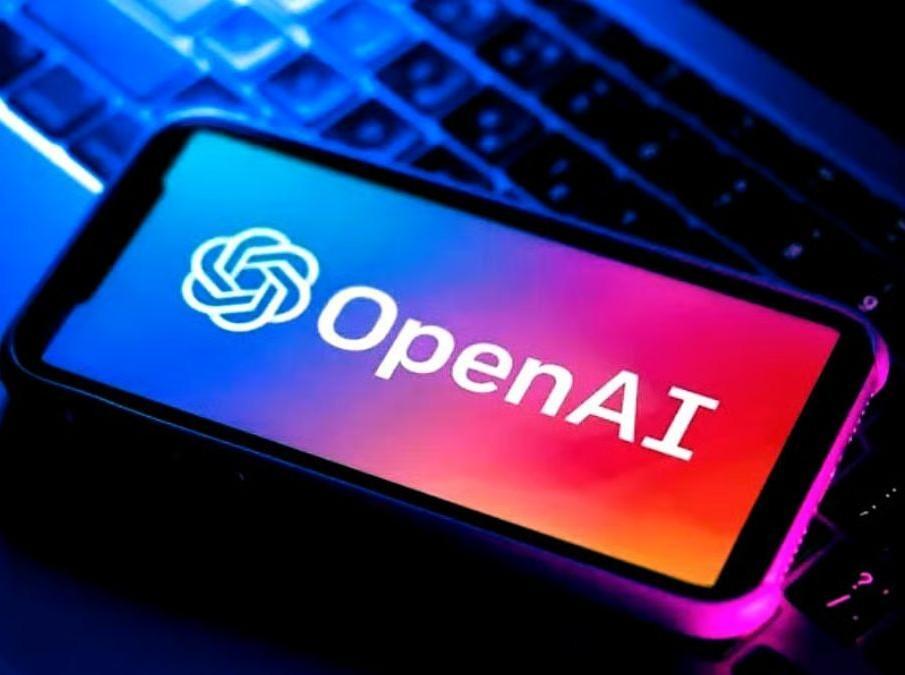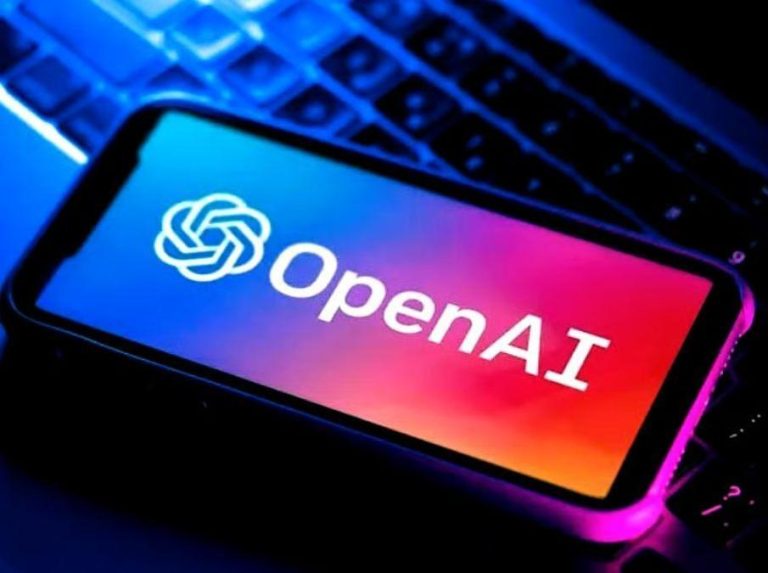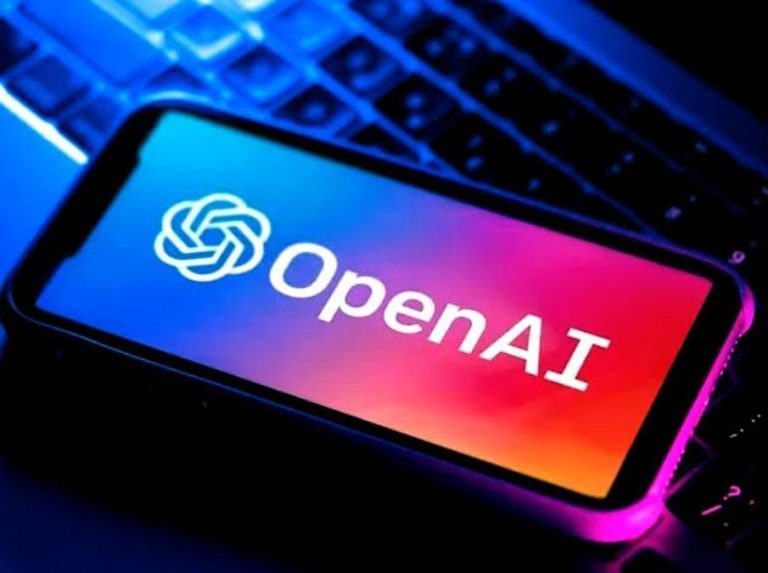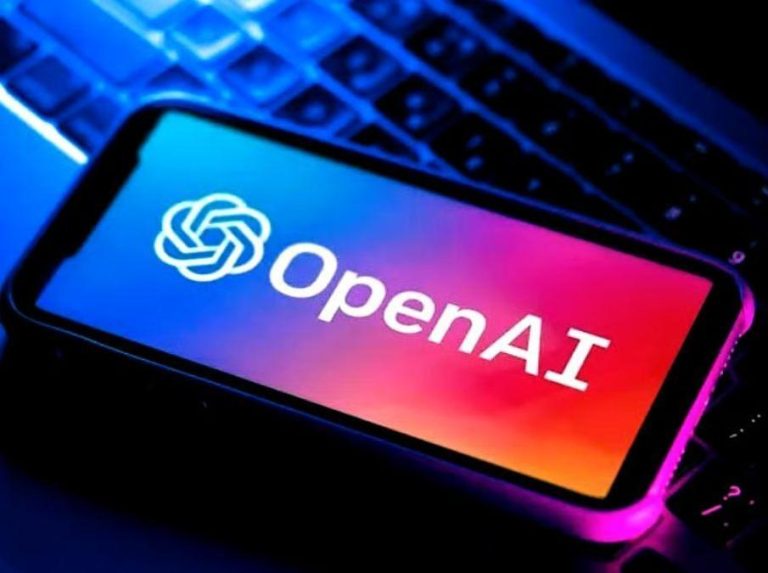
OpenAI Releases Downloadable AI Models for Public, Offline Use
In a groundbreaking move, OpenAI has released two AI models, gpt-oss-120b and gpt-oss-20b, which can be downloaded and run on personal computers without internet access or expensive subscriptions. This development marks a significant shift in the world of artificial intelligence, as it allows anyone to access and utilize these powerful models without being tied to OpenAI’s servers or requiring permission.
The gpt-oss-120b and gpt-oss-20b models are based on the transformer architecture and are designed for natural language processing tasks such as language translation, text generation, and question answering. These models are particularly impressive, as they have been trained on massive datasets and have demonstrated exceptional performance in various benchmarks.
The release of these models is significant for several reasons. Firstly, it marks a major departure from OpenAI’s previous approach, where they only allowed access to their models through a cloud-based API, which required users to have an account and pay subscription fees. With the release of these downloadable models, anyone can access and use them without incurring any costs or relying on internet connectivity.
Secondly, the availability of these models offline opens up new possibilities for applications that require AI processing power, but may not have reliable internet access. This could be particularly useful for developers working on projects that require AI processing, such as autonomous vehicles, medical devices, or smart home systems.
Thirdly, the release of these models promotes transparency and accountability in AI development. By making the models accessible, OpenAI is allowing the AI community to scrutinize and improve upon their work. This could lead to the development of more accurate and reliable AI models, as well as a better understanding of how they work.
So, what are the implications of OpenAI’s decision to release these models? For one, it paves the way for a new generation of AI applications that can be developed and deployed offline. This could lead to a proliferation of AI-powered devices and systems that can operate independently of the internet.
Additionally, the release of these models could accelerate the development of AI-powered tools for social good. For example, AI-powered chatbots could be used to provide assistance to people in remote or underserved areas, where internet access may be limited.
The release of these models also has significant implications for the field of AI research. By making the models available, OpenAI is allowing researchers to study and improve upon their work. This could lead to a rapid advancement of AI research, as researchers can use the models as a starting point for their own experiments and developments.
The gpt-oss-120b and gpt-oss-20b models are available for download from OpenAI’s website, along with documentation and tutorials to help users get started. The models are released under the Open Source Software (OSS) license, which allows users to modify and distribute the code freely.
In conclusion, OpenAI’s release of downloadable AI models for public, offline use is a significant development that has far-reaching implications for the field of AI. It promotes transparency, accountability, and innovation, and opens up new possibilities for AI applications that can be developed and deployed offline. As the AI community continues to evolve and mature, this move by OpenAI is a step in the right direction, and could lead to the development of more accurate, reliable, and accessible AI models.





